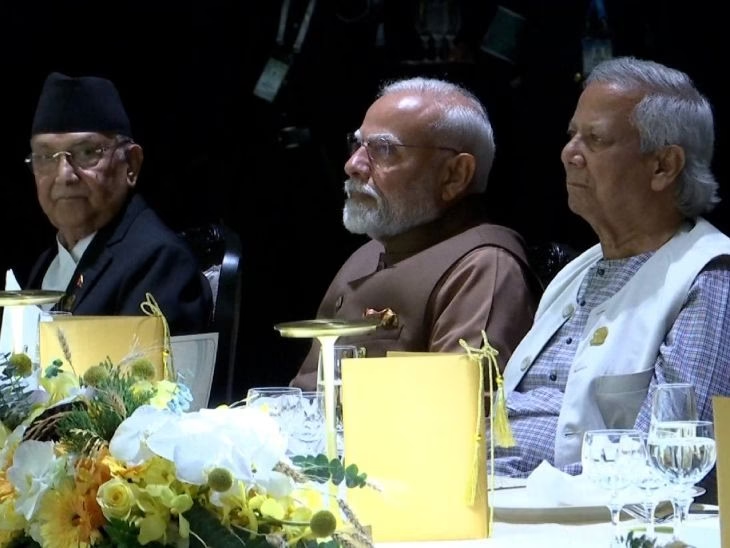
Donald Trump Tariff on India: US President Donald Trump on Wednesday (April 2) announced a policy of imposing heavy tariffs on several countries like India, China, Japan and European Union, announcing ‘Liberation Day’ at the Rose Garden of the White House. Under this new policy, 26 percent tariffs will be imposed on products imported from India.
Announcing ‘Mukti Divas’ at the Rose Garden of the White House, Trump said that my fellow Americans, this is the liberation day, which had been waiting for a long time. 2 April 2025 will be considered as the day when the US industry was reborn, the fate of America has changed and we have started making America prosperous again.
Us President Donald Trump Imposes 26% “Reciprocal Tarifs” on India, Followed by 34% On China, 20% On Eu, and 24% on Jap pic.twitter.com/0uhlScksov
– ANI (@ani) April 2, 2025
Why was a tariff imposed on India?
Trump described Prime Minister Narendra Modi as his best friend. However, he said that despite this, India is not treating America properly. He alleged that India imposes 52 per cent fees on US products, so the US will also impose 26 per cent tariffs in return.
Which countries were affected?
Under Trump’s new ‘reciprocal tariffs’ policy, many countries have been imposed:
Country tariff (%)
India 26%
China 34%
European Union 20%
Japan 24%
Taiwan 22%
Israel 17%
What will be the effect of the new tariff policy?
Trade between India and the US has already been under stress over many issues. This tariff can make trade in America for Indian companies. By levying more charges on Indian products, American consumers may have to buy expensive goods. Many American companies, which import raw materials or finished products from India, can also increase the cost.
Possibility of international trade war
India and other affected countries can take retaliation and increase tariffs on American products. This can create a global trade war situation. However, Trump claims that this tariff will revive the US economy. He says that these tariff policies are really good. We had planned to impose even more fees, but we kept it low. However, many economists believe that this policy can damage the US economy as it can weaken global trade relations.





